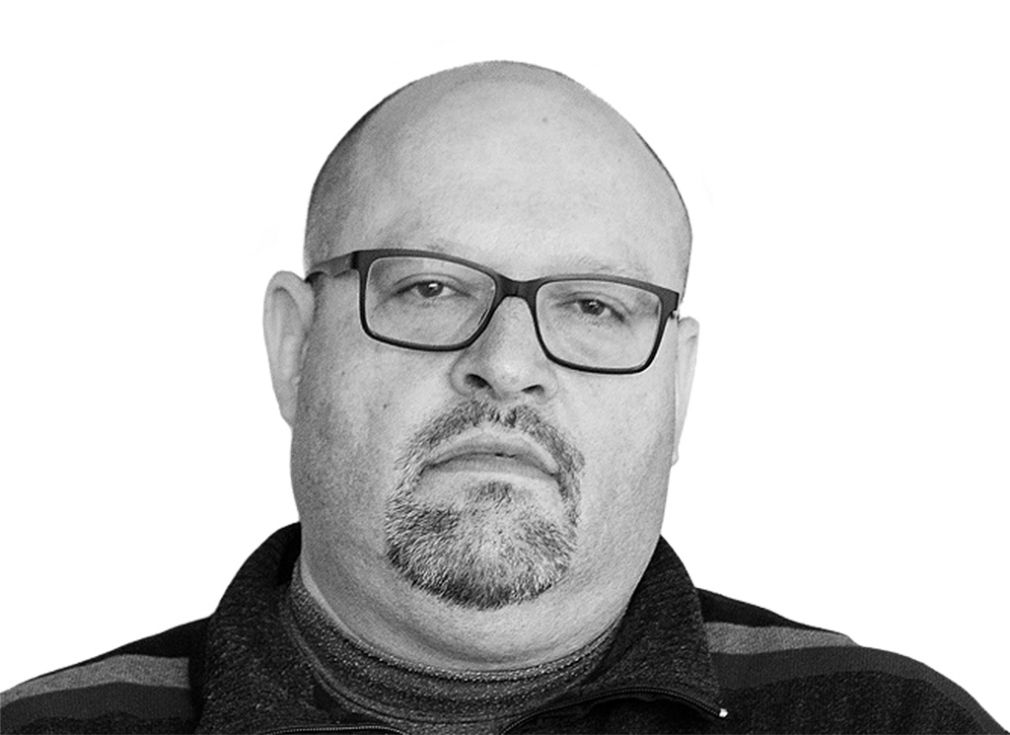By: dr. Matevž Tomšič
With justified astonishment and outrage at Russia’s aggression against Ukraine, the question arises as to why this has happened right now. Why did Vladimir Putin not tackle this in 2014, when Ukrainians ousted President Yanukovych and his clique? It would have been easier then to justify his intervention by invoking the protection of the allegedly endangered pro-Russian population. Was this reckless and unprovoked act caused only by the obscuration of the mind of the sociopathic ruler of the Kremlin? Is it a feeling that his chair has started to shake, which makes him need a new “victory”? Or is the reason that the international situation is now more favourable for him than it has been so far?
It is true that such a large-scale military operation takes its time. However, one cannot get rid of the feeling that the moment was chosen very thoughtfully. The West is as weak as it has not been for a long time. At the White House sits probably the least operationally capable US president in recent history (the embarrassment of withdrawing from Afghanistan is clear evidence of this). The European Union is also less efficient and united than it was eight years ago. The crises it has not been able to deal with in any way have damaged its reputation. There was no coherence in its attitude toward Russian expansionist aspirations, as some members saw their particular benefits in cooperating with Russia.
Thus, neither the Americans nor the Europeans did anything concrete to stop Russian expansionist tendencies. They did not help train the Ukrainian army and equip it with effective weapons. And in the end, they did not set up their own military formation capable of coming to the aid of endangered allies if necessary. In addition, Europe, with its misguided energy policy, when it started abandoning its own traditional energy sources in the name of environmental delusions became increasingly dependent on Russia.
Russia is a long-term loser
All of this is not just about misguided strategic assessments by military and intelligence experts and a lack of political will. These are misguided priorities because of the value and ideological disorientation that is shaking Western societies. Thus, investing in military capabilities is considered something backward. Westerners prefer to focus on how many genders there are and which all supposedly endangered minorities need to be protected, rather than strengthening their defence capabilities. Instead of self-confidence, they are forced to feel guilty for the alleged sins of their ancestors. Instead of real external threats, the European institutions are dealing with the “disciplining” of those Member States of the Union (Poland, Hungary) that are not ready to embrace the progressive agenda. As a result, Russian President Putin is a hero who defends traditional values against decadence in the eyes of too many Europeans (although he is an ordinary opportunist who supports what currently benefits him in terms of values).
This aggression will not bring anything good to Russia. Even in the event of a military victory, it will be a loser in the long run. Despite its military power, it is a relatively underdeveloped country in economic terms. Apart from energy resources and weapons, it cannot offer anything relevant in the global market. In terms of technology, it lags far behind the developed world. And the isolation that economic and other sanctions will certainly bring will increase this gap; this will also lead to a decline in the living standards of its people. However, due to the sick megalomania of its current ruler, it will cause a lot of damage to its immediate and wider surroundings.
Europe and the West could oppose the aggressive policies of the Kremlin autocrat only with unwavering determination and unity. For this, however, they will have to restore their self-confidence and pride. That is what Putin’ s Russia – whatever we think of it – does not lack.

